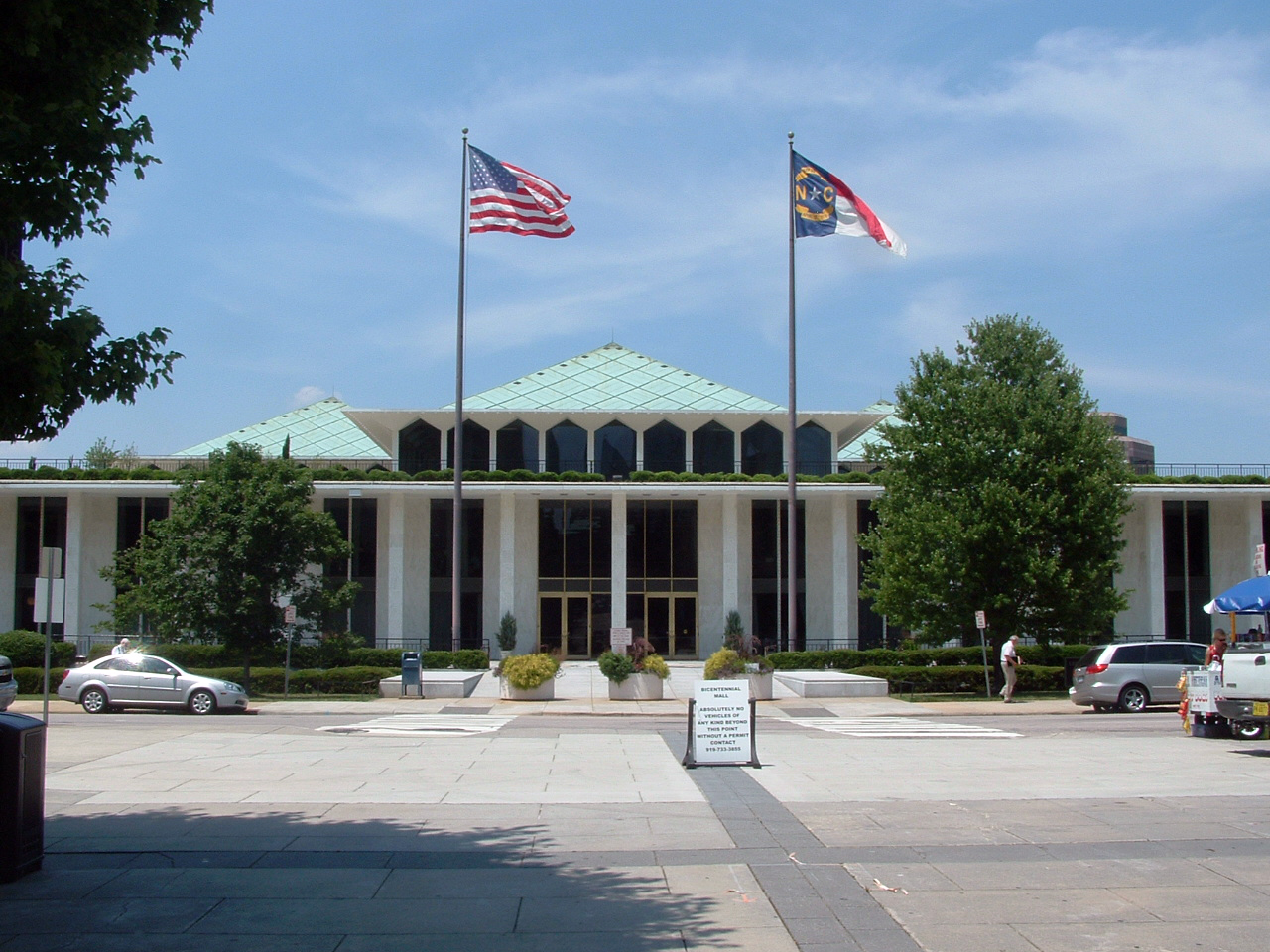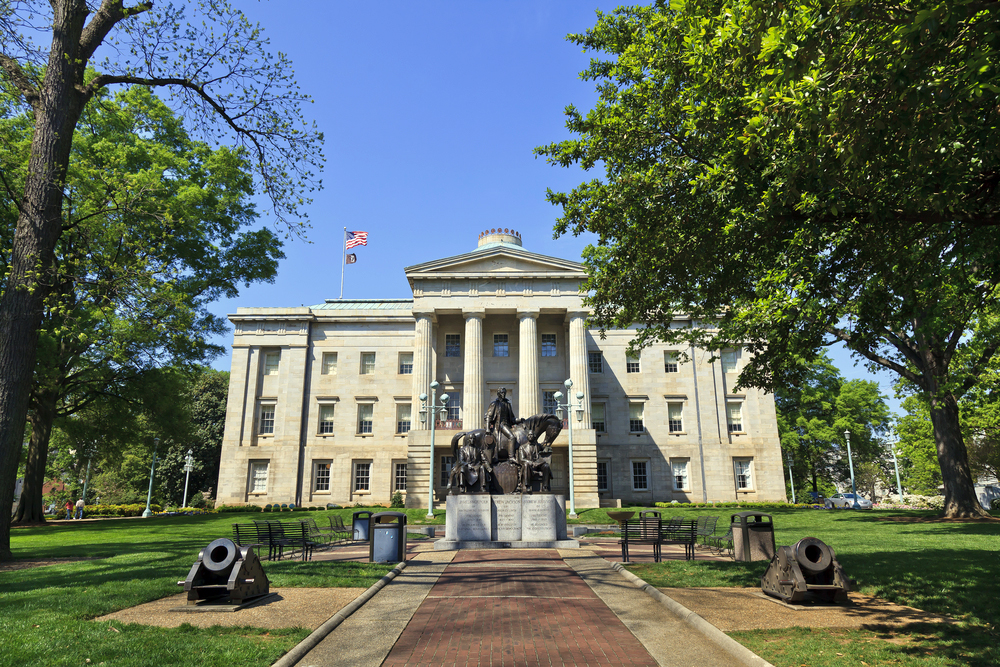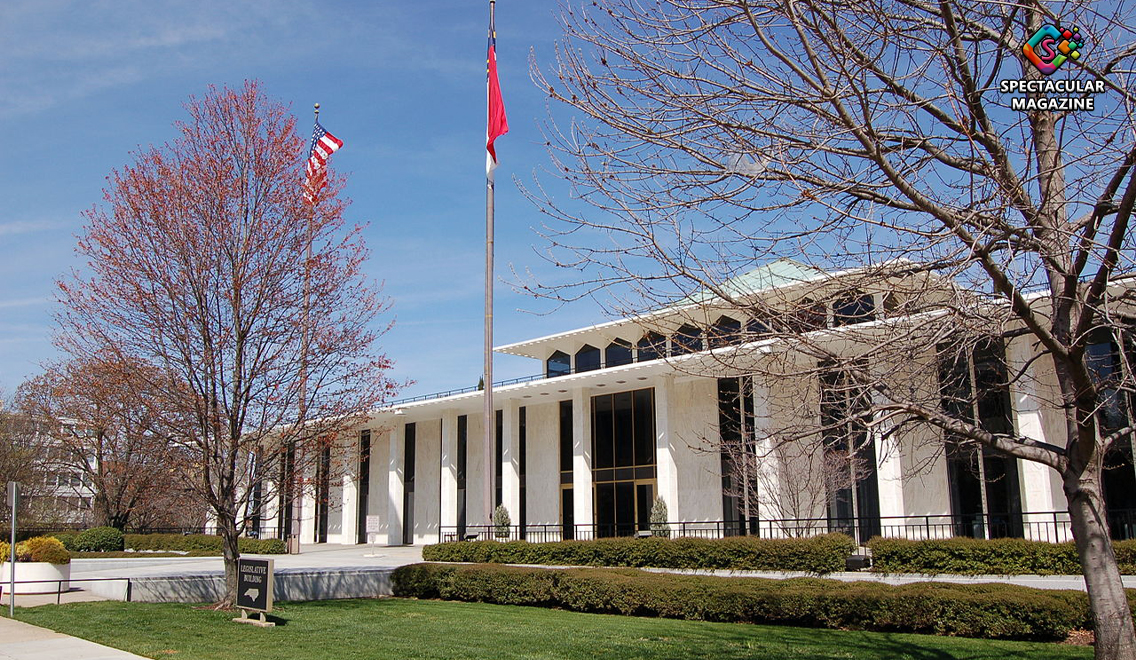NC Mobile Sports Betting Bill Expected To Be Discussed In 2023
Online sports gambling shouldn’t be expected to bring the state of North Carolina a bonanza in tax money. According to estimates from the state legislature’s financial research department, if internet sports betting were authorized, it would bring in more than $20 million annually.
If state lawmakers decide to increase the tax rate under the proposed legislation, as some have suggested they would, this number might increase. In North Carolina, though, where the budget is $27 billion for the fiscal year, even that is not a significant sum.
According to information published by gambling commentators online-gambling.com, the North Carolina online sports betting market would join roughly half of the American states in legalizing the activity, and these jurisdictions have passed a range of taxes, fees, computations for determining income, and rules for the expanding sector.
While it may come as a surprise in a state where the Republican-controlled state legislature has fought for more than a decade to slash corporate and personal income tax rates, Senate Bill 688 as written has lower fees and tax rates than sports gambling companies pay in many jurisdictions.
A law that favors operators may result in more bonuses, larger promotional offers, and possibly better odds for gamblers. However, some believe that a revised plan with higher tax rates could bring in more money for the state’s coffers.
“We’re not looking for it to be some problem solver, but we do want to get our share of the revenue,” said state Representative Jason Saine, who sponsored the bill in the House. “If it’s competitive and comparable in that sports betting space, no one is arguing against that”.
Saine and other supporters asserted that they have the necessary support to pass the measure in the House and that they want to present other legislation to increase taxes and fees when it is approved. Last year, the law was approved by a split Senate. Nevertheless, sports gambling legislation has the support of Democratic Governor Roy Cooper.
Increased revenues
 Up to 12 online sports betting companies might be permitted in the state under the proposed legislation. Each five-year license is priced at $500,000 and is renewable. Operators would be subject to an 8% tax on adjusted gross revenue, which is determined by subtracting winnings paid out in cash or cash equivalents, the cash value of any bonuses or promotional credits, uncollectible receivables, and federal excise taxes on sports wagers from gross wagering revenue.
Up to 12 online sports betting companies might be permitted in the state under the proposed legislation. Each five-year license is priced at $500,000 and is renewable. Operators would be subject to an 8% tax on adjusted gross revenue, which is determined by subtracting winnings paid out in cash or cash equivalents, the cash value of any bonuses or promotional credits, uncollectible receivables, and federal excise taxes on sports wagers from gross wagering revenue.
In the first full fiscal year of authorized online sports gambling, between $8 million to $24 million in tax revenue is anticipated, with $3 million to $11 million going to the general fund, which is used to finance, among other things, public education, healthcare, and public safety.
The remaining funds go to the North Carolina Major Events, Games, and Attractions Fund, $1 million yearly to a fund for problem gamblers, and the state Lottery Commission to cover its costs associated with developing and regulating sports gambling. A NASCAR All-Star race or other unique events, for example, could be brought to the state with the aid of grants from the fund.
Follow-up legislation may virtually quadruple the tax rate and raise the charge for operators to get a five-year license to $1 million; despite these increases, North Carolina would still have one of the lowest tax and license fees in the country for sports betting.
Bonuses and special promotions could be an issue
 In North Carolina, this session, the Sports Betting Alliance, which represents sports betting providers FanDuel, Draft Kings, and BetMGM, has recruited four lobbyists. There are also lobbyists from the Charlotte Hornets, Carolina Panthers, and Carolina Hurricanes, all of which are in favor of the measure.
In North Carolina, this session, the Sports Betting Alliance, which represents sports betting providers FanDuel, Draft Kings, and BetMGM, has recruited four lobbyists. There are also lobbyists from the Charlotte Hornets, Carolina Panthers, and Carolina Hurricanes, all of which are in favor of the measure.
Operators employ bonus and promotional credits to entice and retain customers, frequently in the form of one-time-only special wagers, free bets, or higher odds. Customers often benefit from spending more on bonuses and promotions, but the proposed law in North Carolina allows them to pay less in taxes overall. Those who enjoy gambling have not been waiting for sports betting to become legal in North Carolina.
Since the Supreme Court ruled in favor of legalizing sports betting, when an operator initially enters a new state, they frequently offer generous incentives and bonuses in an effort to draw in as many new consumers as they can. Operators themselves frequently reduce those types of deals as the market ages. A law was passed in Colorado that limits the amount of handling that operators can withhold for promotions over time.
According to longtime horse racing lobbyist and public gaming analyst Steve Brubaker, the industry frequently leverages the black market as a “boogeyman to sell these bills”, limiting the wagers of expert gamblers while leveraging the advertising funds to draw in inexperienced or reckless gamblers. Operators who take advantage of these deductions significantly lower their effective tax rate.
According to BetMGM CFO Gary Deutsch, who was speaking about the company’s decision to scale back on promotions in New York, which levies a 51% tax rate without allowing for deductions, operators could be forced to pay taxes on what is known as “phantom revenue associated with non-cash promotional wagering” without the deductions.


